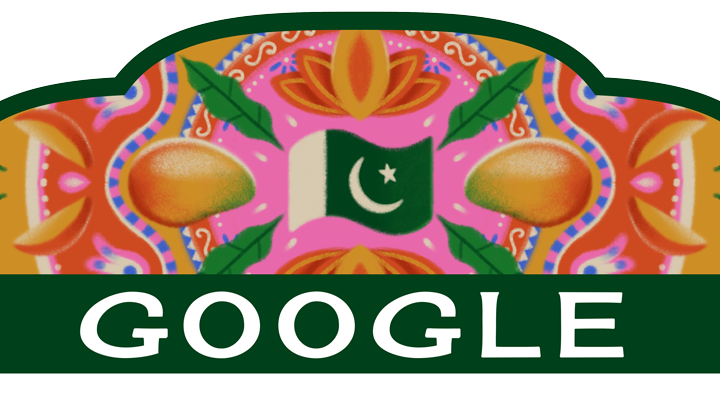One of India’s most cherished and celebrated holidays is Diwali, sometimes referred to as Deepavali. To millions of people, the festival of lights means something special. The victory of light over darkness and good over evil is represented by Diwali. November 12 will be the date of Diwali celebration this year. Houses and streets are decked with vibrant candles and lamps during the festival season, and family gather to exchange gifts, candies, and well wishes. Travellers came to India from all over the world to take part in this magnificent festival.
Here are a few essential pieces of information about Diwali:
Festival significance: Diwali holds religious and cultural importance. It represents the triumph of light over darkness and good over evil in the spiritual realm; in other words, it indicates that the moment has come to annihilate all of our negative ideas and dark shadows. Firecrackers light the path of our ancestors, who are thought to visit Earth on Mahalaya and return to their heavenly abode following the 15-day Shraddha Paksha period on Diwali. Diwali is a holiday of unity in India, celebrated by a multitude of communities and religions.
Date of the festival: Diwali is celebrated on the 15th day of Kartika, the Hindu month that normally falls in October or November. The primary day of the five-day celebration is observed on the third day. Dhanteras, Chhoti Diwali, Govardhan Puja, and Bhai Dooj are the remaining days.
Lighting of lamps and candles: The lighting of lamps and candles is the main Diwali theme. In addition to beautiful candles, colourful earthen lamps known as “diyas” adorn homes, streets, and public spaces. The intention is to embrace prosperity and chase off evil.
Rangoli: Rangoli is a traditional Indian art form in which rice, coloured powder, or flowers are used to create elaborate patterns and designs on the floor. Rangolis are created on Diwali to greet guests and represent luck.
Gift-giving and candy-exchanging: One of the most enjoyable parts of Diwali is this custom. Along with enjoying delectable homemade treats like laddoos, barfis, and jalebis, families and friends exchange gifts.
While bursting off firecrackers: This is a big element of the Diwali celebrations, the Supreme Court has banned it nationally because of the increasing pollution levels. In certain Indian states, eco-friendly festivities including fewer or no fireworks are now being promoted.
Special pujas: Diwali is a time for particular rites and prayers. To ask gods for favours, people go to temples, light lamps, and offer prayers known as pujas. During this time, Lakshmi, the goddess of wealth and prosperity, is especially revered.
Diwali around the world: Diwali is a global celebration observed by Indian communities across the globe in addition to India. Diwali is celebrated with great fervour in nations with sizable Indian populations, such as Nepal, Sri Lanka, Fiji, and others. The day is observed with fanfare and ceremony in the UK and the UK as well.
The Ramayana legend: One of the most well-known tales connected to Diwali is the one about Lord Rama’s return to Ayodhya following his victory over the evil king Ravana. The symbol of the lights being lit is that of the people of Ayodhya welcoming their beloved prince by illuminating their city.
Community and unity: Diwali is a time for social events and family get-togethers. It’s a time to celebrate relationship renewal, forgiveness, and strengthening connections with those you love.
Diwali is a holiday that spreads light, love, and optimism across religious and geographic divides. Knowing the meaning and traditions of Diwali will help you enjoy this lovely celebration of life and culture, whether you’re in India or somewhere else in the world.
- How to Check IIT GATE 2025 Results Online? Complete Guide - March 19, 2025
- Deadmau5 Sells Song Catalog for $55M to Launch New Music Venture - March 6, 2025
- Japanese Girl Group F5ve to Drop Debut Album ‘Sequence 01’ in May - March 6, 2025









